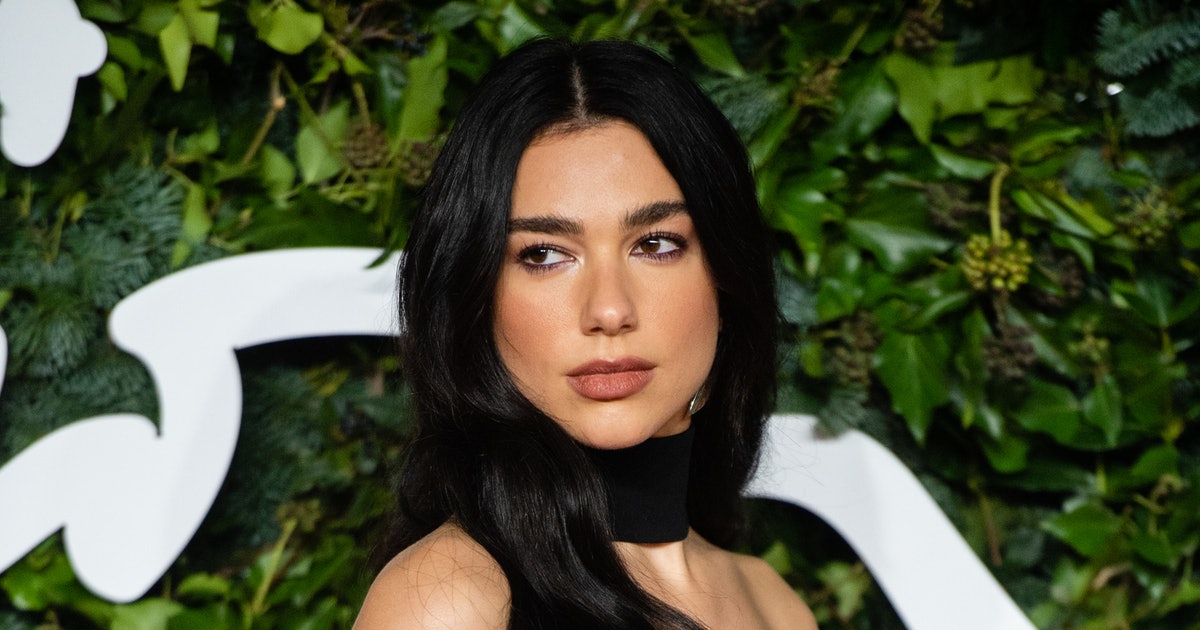Dua Lipa was sued twice in the same week of March 2022 for her hit single, “Levitating”.
The first suit was filed on March 1, 2022 by Florida reggae band Artikal Sound System in U.S. District Court in California. In the complaint, Artikal Sound claims that Lipa and her label Warner Records, Inc. stole the chorus from their little known 2017 song “Live Your Life.”
The complaint is short on detail, asserting simply that “Levitating” is so similar to “Live Your Life” that it was “highly unlikely that ‘Levitating’ was created independently.”
A copyright infringement action depends upon whether the defendant copied from the plaintiff, or whether he independently created his composition. When one party accuses another of infringing on copyright with a “substantially similar” song, photograph, artwork, or other creative content, the Defendant (or party being accused of infringement) may assert the defense that they independently created their own work, and as such, did not engage in any copying of the Plaintiff’s work. If this can be proven, there is no copyright infringement.
The second suit was filed in the Southern District of New York just 3 days later, by songwriters L. Russell Brown and Sandy Linzer. This copyright infringement suit alleges that “Levitating” copied their 1979 disco track “Wiggle and Giggle All Night” as well as a 1980 song called “Don Diablo” for which the pair also hold the copyright (apparently because it infringed on Wiggle and Giggle All Night).
Attorneys for Brown and Linzer got creative, writing in their complaint that “Defendants have levitated away plaintiffs’ intellectual property,” and that “Plaintiffs bring suit so that defendants cannot wiggle out of their willful infringement.”
All jokes aside, this second complaint is more detailed than the first.
It contends that the “signature melody” that opens Dua Lipa’s “Levitating” is nearly identical to a similar sounding portion from their disco-era songs. They argue that said “signature melody” was especially important in turning “Levitating” into a viral hit on TikTok, propelling its profits and skyrocketing it to number 2 on the top 100 U.S. music charts.
The complaint states that “the signature melody is the most listened to and recognizable part of the infringing works and plays a crucial role in their popularity. Because video creators frequently truncate the already brief snippets of sound on TikTok, the signature melody often comprises fifty percent or more of these viral videos.”
Attorneys for Brown and Linzer also point to interviews where they contend Dua Lipa “admitted that she deliberately emulated prior eras” and “took inspiration” to create a “retro” sound. They go on to assert that “in seeking nostalgic inspiration, [Lipa] copied plaintiffs’ creation without attribution.”
As recent history has shown, music copyright claims such as these are generally very difficult to prove.
While the Copyright Act of 1976 protects “exclusive property rights in the work,” it goes on to state that “[i]n no case does copyright protection for an original work of authorship extend to any idea, procedure, process, system, method of operation, concept, principle, or discovery, regardless of the form in which it is described, explained, illustrated, or embodied in such work.”
This has generally been interpreted to indicate that U.S. copyright law protects not just original works but also seeks to encourage the creation of new works.
As a result, infringement generally requires both that 1) the defendant had access to the plaintiff’s work and 2) the defendant’s work is substantially similar to protected aspects of the plaintiff’s work.
While the test to determine “access” and “substantial similarity” can be quite complicated, in general they have proven notoriously difficult (though not impossible) to satisfy.
The takeaway?
Artikal Sound System and Brown and Linzer have a high bar to clear in these cases.
But at the same time, we probably should not expect the copyright claim trend in popular music to end anytime soon.
If you are an artist and need legal assistance, contact The Myers Law Group to have a copyright attorney guide you through the copyright process whether it be an initial application or enforcement of rights.







